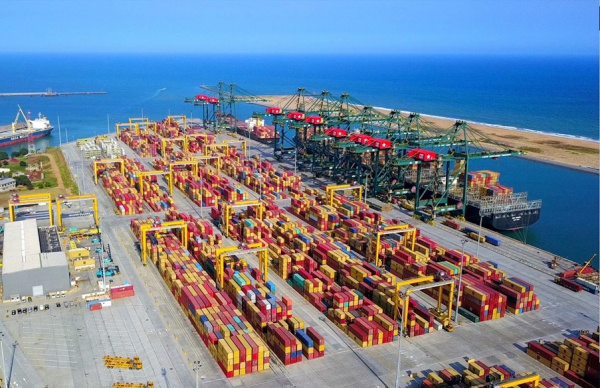Togo eyes AfCFTA opportunities as the country seeks to unlock its untapped potential in African markets. A recent analysis by the International Trade Centre, shared by UNCTAD, highlights promising areas where Togolese businesses can thrive under the African Continental Free Trade Area framework. The study, titled Strengthening the Integration and Competitiveness of Togolese Small and Medium-Sized Enterprises in Regional Markets, points to existing export products that could expand further and boost national revenue.
Togo already produces goods that have established markets across the continent, yet the report shows that the growth margins remain high. By strengthening value chains and focusing on competitiveness, Togo can build a more resilient economy while tapping into AfCFTA’s benefits. The agreement provides an opportunity to reduce trade barriers, harmonize regulations, and give small and medium enterprises the ability to compete fairly in regional markets. This aligns perfectly with Togo’s ambition to transform its economy through diversification and private sector empowerment.
Small and medium enterprises play a crucial role in Togo’s economic structure, employing a large portion of the population. Their integration into regional markets has the potential to lift communities out of poverty while encouraging innovation. For these enterprises, AfCFTA offers a gateway to reach more customers beyond national borders. By identifying products with untapped potential, the government and private sector can collaborate to scale production and improve quality standards, making them competitive at a continental level.
The ITC analysis emphasizes that Togo must adopt strategies that blend innovation with policy support. Stronger logistics systems, better access to finance, and improved infrastructure are necessary to help small businesses reach new markets. Furthermore, training in quality certification and packaging would allow Togolese products to meet regional and international standards. Such efforts would not only improve competitiveness but also enhance trust in “Made in Togo” brands.
Regional integration under AfCFTA is not only about trade; it is also about inclusivity. By empowering local businesses, Togo can ensure that economic growth benefits ordinary citizens. Farmers, artisans, and entrepreneurs could see their products reach shelves in neighboring countries with fewer obstacles. This expansion can generate jobs, stimulate innovation, and encourage young people to see business as a viable path. For a country like Togo, where demographics skew youthful, such empowerment is critical for long-term stability.
Togo’s geographic location offers additional advantages. Positioned as a hub with access to regional trade routes, the country can leverage its ports and transport corridors to become a gateway for goods moving across West Africa. Combining this geographic strength with AfCFTA’s framework could elevate Togo’s status as a trade-friendly nation. This would attract investors and strengthen the private sector, further fueling growth.
Challenges, however, remain. Without significant investment in infrastructure and policy alignment, small businesses could struggle to compete. Protectionist policies in some regions may also create hurdles. Yet, the potential rewards make it imperative for Togo to act swiftly and decisively. The ITC report suggests that with proper execution, Togo could see exponential growth in sectors already showing promise.
Togo eyes AfCFTA opportunities not just as a trade strategy but as a vision for national transformation. By harnessing the energy of small and medium enterprises, strengthening competitiveness, and expanding exports, the country can redefine its role within African markets. The path forward demands bold leadership, innovation, and unwavering commitment, but the rewards promise a stronger, more inclusive economy.





